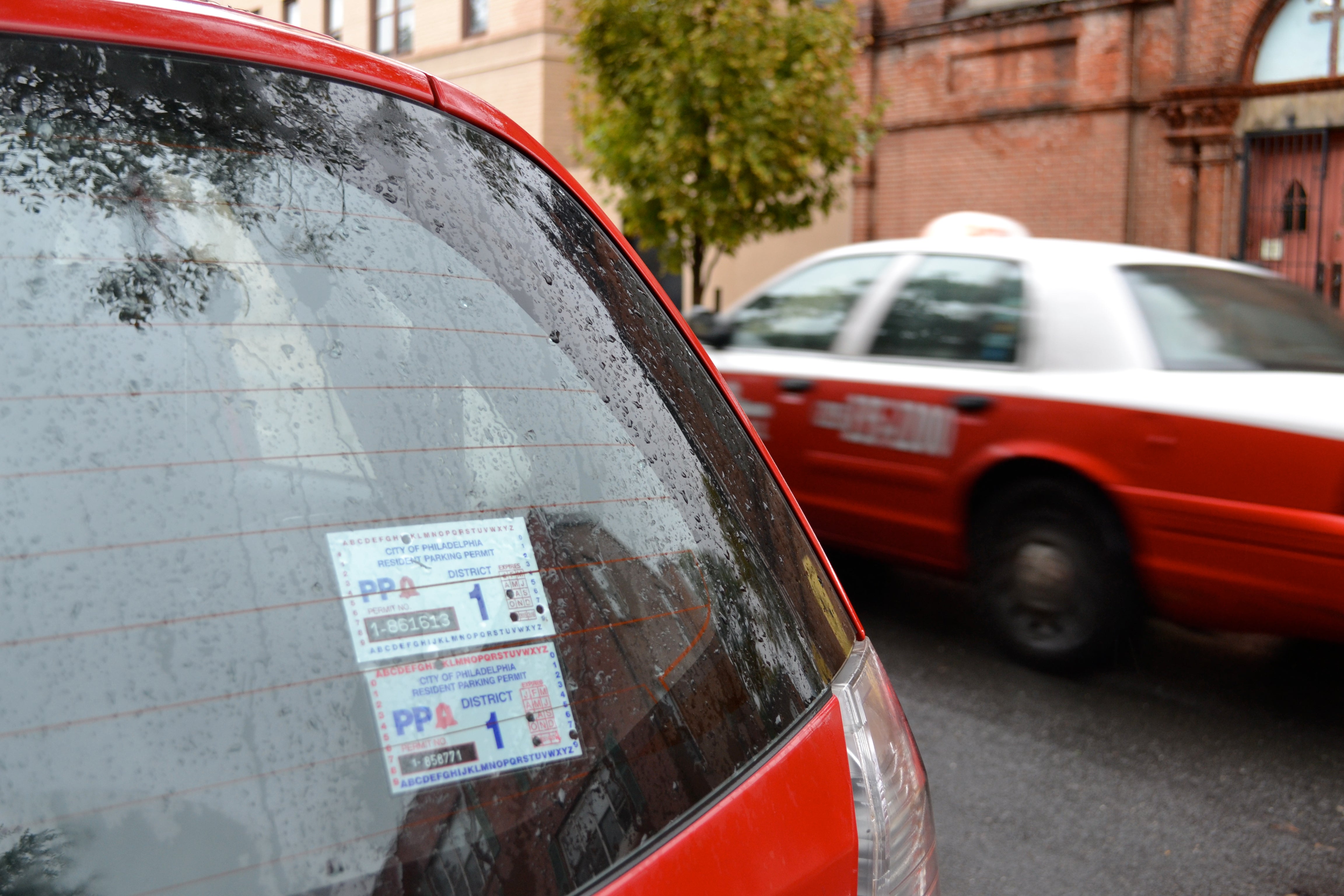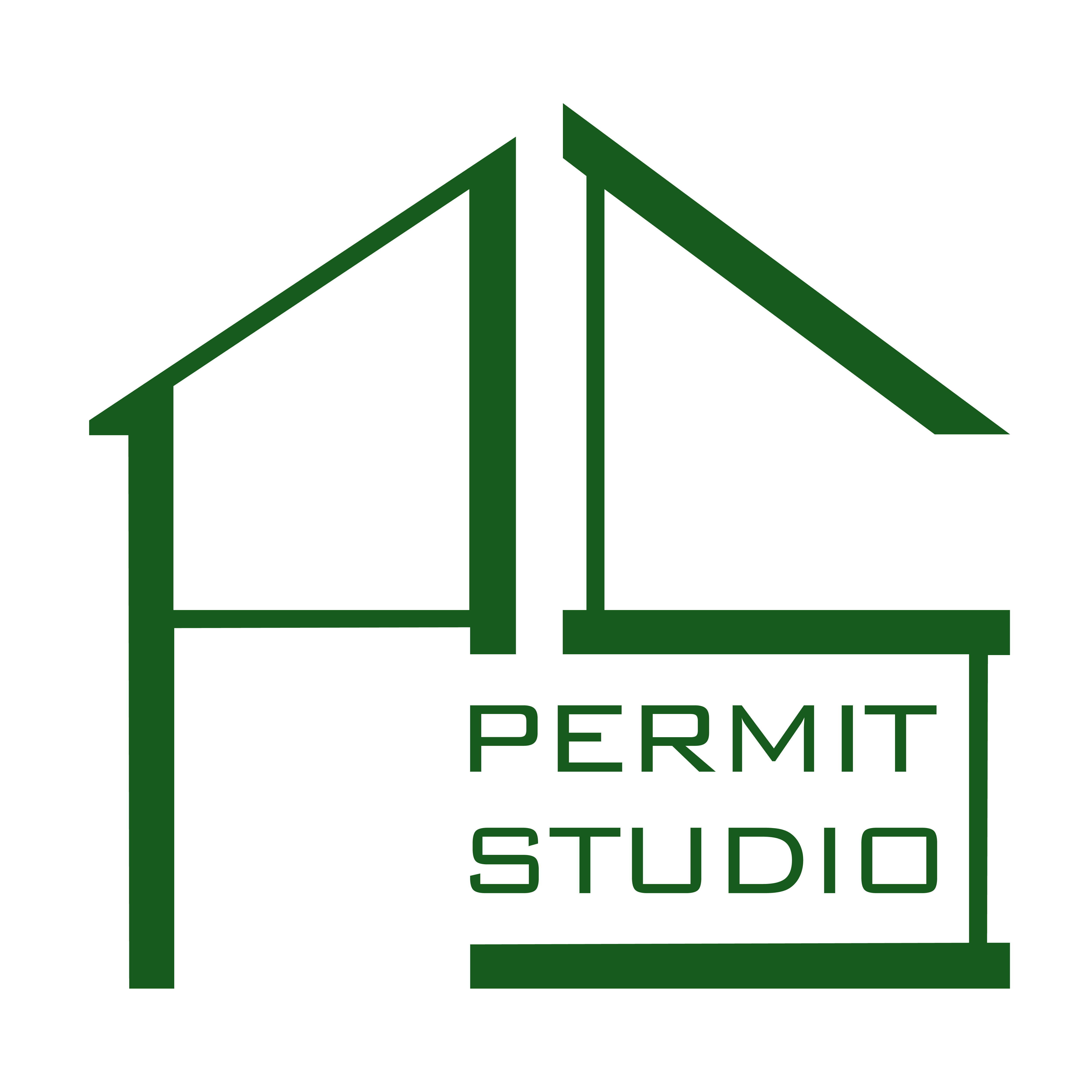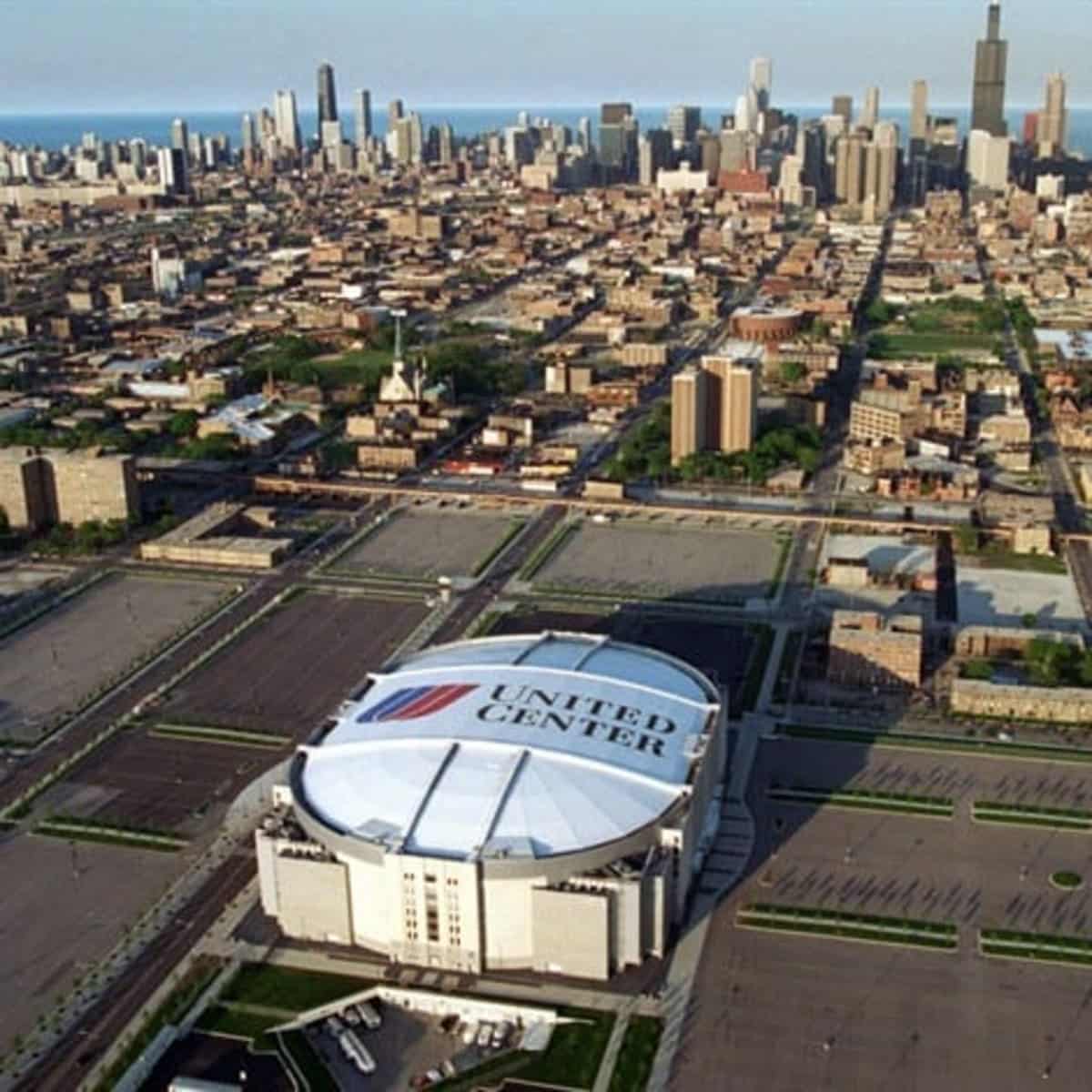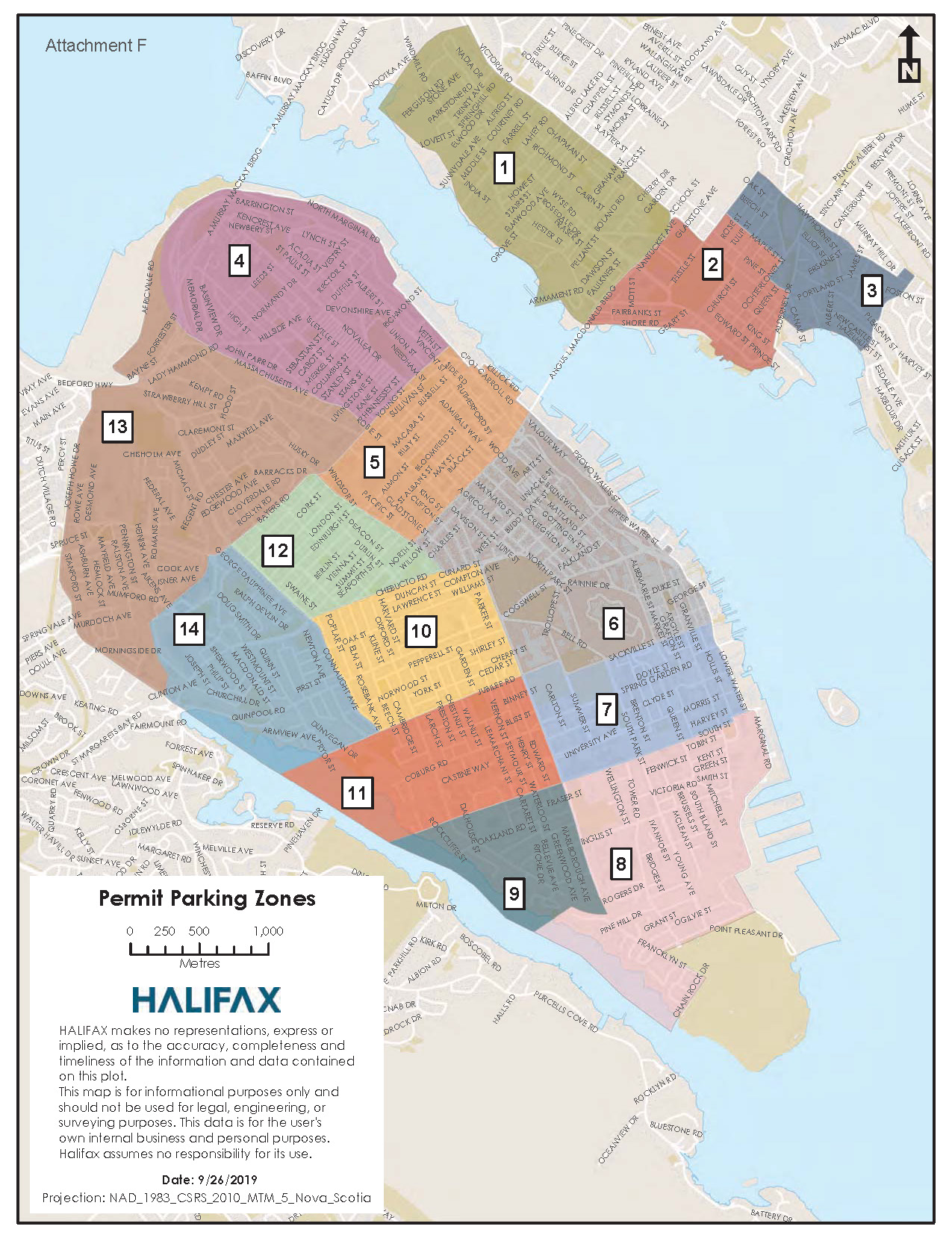Chicago’s residential permit parking program is a godsend for residents who are tired of struggling to find a parking spot near their homes. But if you’re new to the city, or you’re just not familiar with the program, understanding the rules and regulations can be a bit confusing.
That’s where this comprehensive guide comes in. We’ll cover everything you need to know about Chicago residential permit parking, from eligibility requirements to parking restrictions. So whether you’re a new resident or just looking for a refresher, read on for everything you need to know.
Chicago’s residential permit parking program is designed to give residents priority over parking spaces in their neighborhoods. The program is available in most residential areas of the city and is managed by the Chicago Department of Transportation (CDOT).
To be eligible for a residential parking permit, you must be a resident of Chicago and have a valid driver’s license. You must also register your vehicle with the CDOT and have a current city sticker.

Floating a solution to Philadelphia’s parking-space quandary – WHYY – Source whyy.org
Comprehensive Guide to Chicago Residential Permit Parking

Here’s a look at some of the key details you need to know about Chicago residential permit parking:
- Eligibility: Chicago residents with a valid driver’s license and a registered vehicle are eligible for a residential parking permit.
- Cost: The cost of a residential parking permit varies depending on the neighborhood. Annual permits typically range from $30 to $60.
- Restrictions: Residential parking permits are valid only in the neighborhood where they are issued unless the permit explicitly states otherwise. Some neighborhoods also have restrictions on the number of permits that can be issued per household.
- Enforcement: Parking enforcement officers will issue tickets to vehicles that are parked in residential permit parking areas without a valid permit.
History and Myths of Chicago Residential Permit Parking
The history of residential permit parking in Chicago dates back to the early 1900s, when the city first began to experience a significant increase in automobile ownership. As more and more people began to drive, competition for parking spaces in residential areas became increasingly fierce.
In response to this demand, the city of Chicago implemented its first residential permit parking program in 1923. The program was initially met with some resistance from residents, who argued that it was unfair to charge them for parking in their own neighborhoods. However, as traffic congestion worsened in the years that followed, the program gradually gained acceptance.
Today, residential permit parking is a common feature of life in most major cities. However, there are still some myths and misconceptions about the program circulating today. For example, some people believe that residential permit parking is only for wealthy neighborhoods, or that it does not actually reduce traffic congestion. Neither of these claims is true.

Permit Studio Adds Easy Permit Chicago Consulting Services to – Source www.abnewswire.com
Hidden Secrets of Chicago Residential Permit Parking
In addition to its well-known benefits, Chicago residential permit parking also has a few hidden secrets that can make life easier for residents.
- Permit reciprocity: Residential parking permits are reciprocal throughout the city of Chicago, which means that you can park in any residential permit parking area with your valid permit, regardless of where you live.
- Guest permits: Residents can purchase guest permits for visitors to park in residential permit parking areas. Guest permits are valid for up to 7 days at a time.
- Commercial loading zones: Residential permit parking restrictions do not apply to commercial loading zones, so businesses can still load and unload goods in residential areas without a permit.
Recommendations for Chicago Residential Permit Parking
Based on our research and experience, here are a few recommendations for making the most of Chicago residential permit parking:
- Get a permit as soon as possible: If you live in a neighborhood with residential permit parking, don’t wait to get a permit. The sooner you get a permit, the sooner you can start enjoying the benefits of hassle-free parking.
- Be aware of the restrictions: Make sure you understand the restrictions that apply to your permit, including the hours of enforcement and the areas where you can park.
- Display your permit correctly: Your permit must be displayed on the front windshield of your vehicle so that it is visible to parking enforcement officers.
- Purchase guest permits: If you have frequent visitors, purchase guest permits so that they can park in your neighborhood without getting a ticket.

County pushes parking permit applications to May, citing unresolved – Source www.arlnow.com
Types of Chicago Residential Permit Parking
There are two types of residential parking permits available in Chicago:
- Zone permits: Zone permits are valid in a specific permit parking zone. Each permit parking zone is clearly marked with signs.
- Community permits: Community permits are valid in all residential permit parking areas in the city of Chicago, regardless of the permit parking zone.
Tips for Chicago Residential Permit Parking
Here are a few tips to help you avoid getting a parking ticket in Chicago:
- Park only in designated areas: Only park in areas that are clearly marked as residential permit parking. Do not park in commercial loading zones or other areas where parking is restricted.
- Display your permit correctly: Your permit must be displayed on the front windshield of your vehicle so that it is visible to parking enforcement officers. If your permit is not displayed correctly, you may get a ticket.
- Be aware of the time limits: Residential permit parking restrictions are typically enforced during certain hours of the day. Make sure you are aware of the time limits in your neighborhood and do not park for longer than the allowed time.
Chicago Residential Permit Parking: Comprehensive Guide and Regulations
This guide provides a comprehensive overview of Chicago residential permit parking, including eligibility requirements, permit types, and parking restrictions.

United Center Parking Tips: The Ultimate Parking Guide in Chicago – Source stadiumhelp.com
Fun Facts About Chicago Residential Permit Parking
Here are a few fun facts about Chicago residential permit parking:
- The first residential permit parking program in Chicago was implemented in 1923.
- There are approximately 250,000 residential parking permits issued in Chicago each year.
- Residential permit parking is enforced by the Chicago Department of Transportation (CDOT).
How to Get a Chicago Residential Permit Parking Permit
To get a Chicago residential permit parking permit, you can apply online or in person at the CDOT office. You will need to provide proof of residency, a valid driver’s license, and a vehicle registration.
What if I Don’t Have a Chicago Residential Permit Parking Permit?
If you park in a residential permit parking area without a valid permit, you may be issued a parking ticket. The fine for parking without a permit is $60.
Listicle of Chicago Residential Permit Parking
- Eligibility: Chicago residents with a valid driver’s license and a registered vehicle are eligible for a residential parking permit.
- Cost: The cost of a residential parking permit varies depending on the neighborhood. Annual permits typically range from $30 to $60.
- Restrictions: Residential parking permits are valid only in the neighborhood where they are issued unless the permit explicitly states otherwise. Some neighborhoods also have restrictions on the number of permits that can be issued per household.
- Enforcement: Parking enforcement officers will issue tickets to vehicles that are parked in residential permit parking areas without a valid permit.
- How to get a permit: You can apply for a residential parking permit online or in person at the CDOT office.
- What if I don’t have a permit: If you park in a residential permit parking area without a valid permit, you may be issued a parking ticket.

Parking Permits | Parking | Online Portal | Halifax – Source www.halifax.ca
Question and Answer
- Q: Who is eligible for a Chicago residential permit parking permit?
A: Chicago residents with a valid driver’s license and a registered vehicle are eligible for a residential parking permit.
- Q: How much does a residential parking permit cost?
A: The cost of a residential parking permit varies depending on the neighborhood but typically ranges from $30 to $60 per year.
- Q: Where can I park with a residential parking permit?
A: Residential parking permits are valid only in the neighborhood where they are issued unless the permit explicitly states otherwise. You can also park in any other residential permit parking area in the city.
- Q: